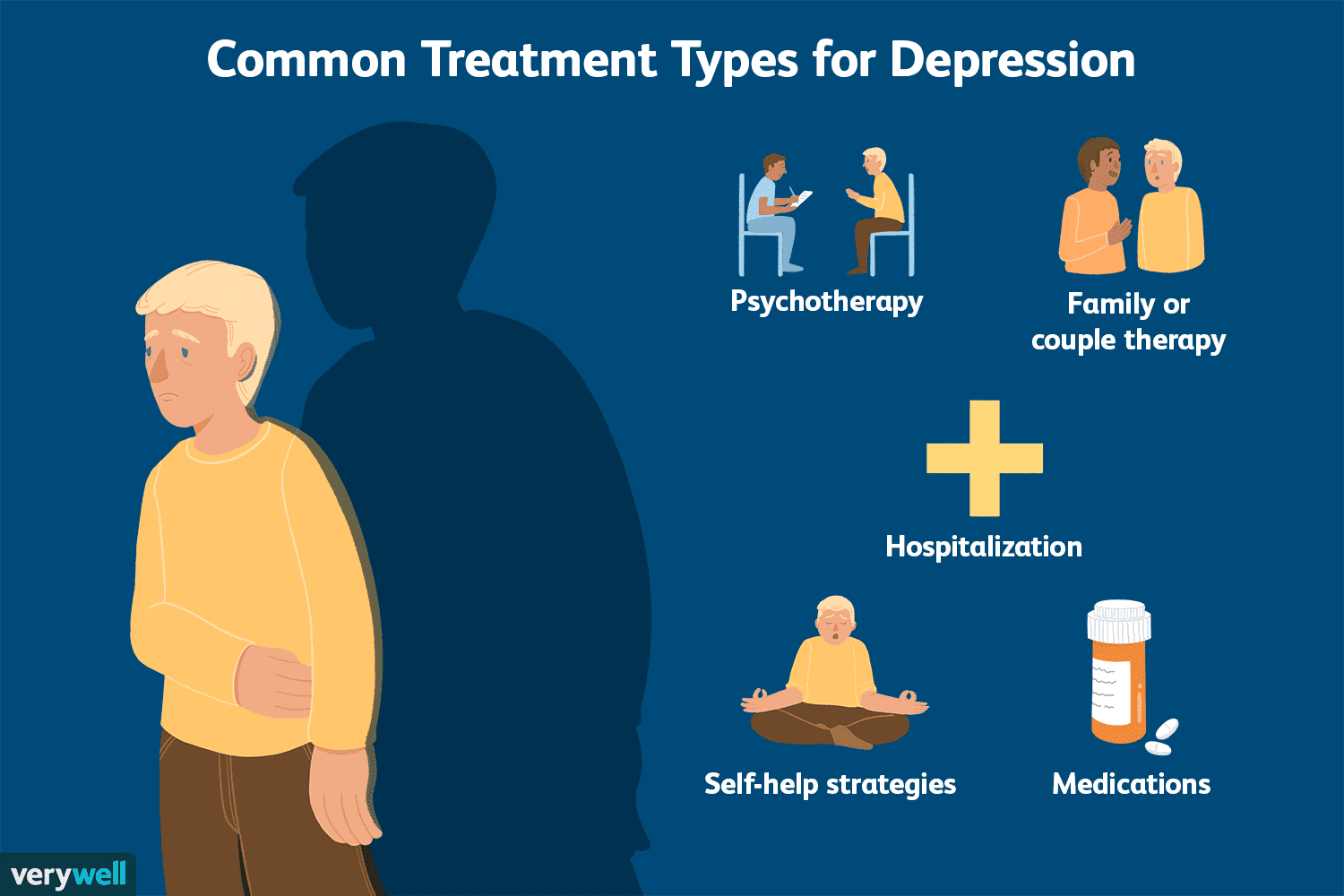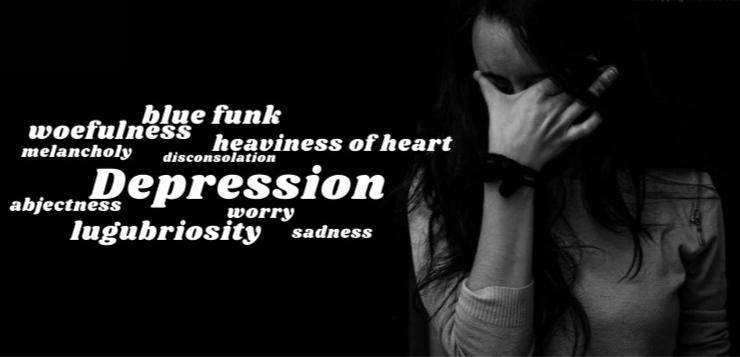How To Cure Depression Completely With Medication?
Depression or bipolar disorder is a common serious issue of mood disorder that affects how you feel, think, and respond to things. Depression can lead to several emotional and physical problems and decrease your efficiency in your various life spheres. As a matter of being fortunate, Depression is treatable.
It’s important to clarify that the term “cure” for depression is complex. While medication can significantly alleviate symptoms and improve quality of life, depression is often a chronic condition, and complete and permanent remission isn’t always achievable with medication alone. However, medication is a cornerstone of treatment for many individuals, and when combined with other therapies, it can lead to substantial and lasting improvements.
Most Common Form Of Depression:
Clinical Depression: It is an infrequently severe form of Depression, also known as Major Depression or Major Depressive Order. It leads you to a constant feeling of sadness, and you lose interest or pleasure in most usual activities such as hobbies, sex, and sports.
Postpartum Depression: It refers to depression that a woman experiences during or after childbirth. In most cases, for a woman, the duration of having a baby is a very positive, exciting, and anxious time flow. But, talking about women with Postpartum Depression is very tough and distressing as she experiences extreme sadness, anxiety, changes in her energy level, sleep disorder, and appetite. There are chances of risk for both mothers as well as the child.
It’s important to clarify that the term “cure” for depression is complex. While medication can significantly alleviate symptoms and improve quality of life, depression is often a chronic condition, and complete and permanent remission isn’t always achievable with medication alone. However, medication is a cornerstone of treatment for many individuals, and when combined with other therapies, it can lead to substantial and lasting improvements.
Medications Used to Treat Depression
Depression is a mood disorder characterized by persistent sadness, loss of interest, and a range of other symptoms that can interfere with daily life.
There are various types of depressive disorders, including major depressive disorder, bipolar depression, and persistent depressive disorder.
Treatment typically involves a combination of approaches, including medication, psychotherapy, and lifestyle adjustments.
Several classes of antidepressants are available, each working through different mechanisms to affect neurotransmitters in the brain.
The choice of medication depends on various factors, including the specific symptoms, other health conditions, potential side effects, and individual response.
- Selective Serotonin Reuptake Inhibitors (SSRIs): These are the most commonly prescribed antidepressants. They work by increasing the levels of serotonin in the brain. Examples include fluoxetine (Prozac), sertraline (Zoloft), and paroxetine (Paxil).
- Serotonin-Norepinephrine Reuptake Inhibitors (SNRIs): SNRIs increase the levels of both serotonin and norepinephrine. Examples include venlafaxine (Effexor) and duloxetine (Cymbalta).
- Tricyclic Antidepressants (TCAs): TCAs are an older class of antidepressants. They are often reserved for treatment-resistant depression and anxiety due to increased rates of side effects.
- Atypical Antidepressants: This category includes medications like bupropion (Wellbutrin), mirtazapine (Remeron), and others that work through different mechanisms.
- Monoamine Oxidase Inhibitors (MAOIs): MAOIs are the oldest type of antidepressants. They are often reserved for treatment-resistant depression and anxiety because of dietary restrictions and potential interactions.
Finding the most effective medication often involves a trial-and-error process, as individuals respond differently to various drugs. Healthcare providers consider factors like the patient’s symptoms, potential side effects, and interactions with other medications when selecting an antidepressant. It can take several weeks or even months to find the right medication and dosage. Regular follow-up appointments with a healthcare provider are crucial to monitor progress, manage side effects, and adjust the treatment plan as needed.

Treat Depression Imperial Psychedelic

